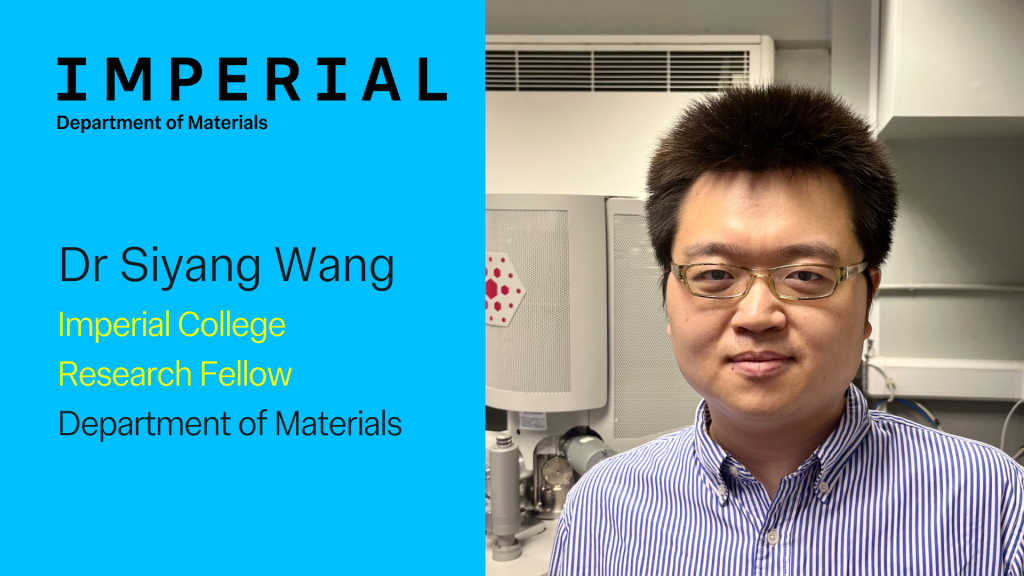
Anica Tahsin is a second-year undergraduate student in the Department of Materials. In her first year, Anica applied to The Laidlaw Scholars Leadership and Research Programme, which aims to enhance sustainable leadership and stimulate sustainable innovation among a new generation of leaders. The programme uniquely funds up to 25 places annually to undergraduate students in Imperial College London each year, supporting a research project and a Leadership in Action experience, with a unique focus on tackling the 17 UN SDGs.
Anica was accepted and completed a six-week paid research project and a fully-funded leadership project abroad. In this blog post, she shares her experiences and offers advice for students interested in applying for the next cohort.
Why did you apply to the Laidlaw Scholars Programme?
The Laidlaw Scholars Programme sounded almost too good to be true—a six-week, paid research project on any topic that interests me and a fully-funded leadership project abroad? After completing my first year with Laidlaw, I can confidently say it’s exactly that.
I saw this as an opportunity to meet new people, develop my leadership skills, and learn what it means to be an ethical leader. That’s precisely what the Laidlaw Foundation is all about.
What did your project involve?
I completed a self-proposed project focused on reevaluating flood assessment in vulnerable communities in Bangladesh. While it wasn’t directly related to my degree in Materials Science, it was a topic I was passionate about and knew I wanted to explore further. Many others pursued projects outside their degree fields, so if that’s what’s holding you back from getting involved, there’s no need to worry!
What did you learn?
At the annual Laidlaw Scholars conference, held at Leeds University this year, I challenged myself to present my research. Even though I’m pretty sure my voice was shaking, it was incredibly rewarding when someone came up to me and shared my passion.
While I initially approached this programme wanting to make as many connections as possible. It was those smaller interactions—finding people with the same drive for change—that truly connected me with others who care about the things I do.
My biggest lesson was that no matter how overwhelming or unfamiliar an environment may feel, there will always be people around who want change. Realising that there are others to support you lightens the fear and burden of taking the first step.
How will this help you in future?
I chose Materials Science because I believe it’s where I can make the most impact. Whether it’s in climate, sustainability, or everyday life, materials play such an essential role that by working in this field, I feel I can help improve lives, even in small, indirect ways.
It’s a huge plus that my department is so supportive of students stepping out and exploring new possibilities. Next year, I hope to establish a small organisation in my local community in Bangladesh to support women who don’t have access to these same opportunities. I’m currently interviewing young women and girls in schools to understand the obstacles they face and explore ways I might help. It won’t be easy, but I’ll have support when I need it.
What advice would you give to anyone thinking of applying to the Laidlaw Scholars Programme?
I would, without a doubt—one million percent—recommend applying. If you’re driven to make a change, this is the perfect opportunity to do. Even if you’re unsure what you want to research or how you can make an impact, just pick something that interests you and run with it. The Laidlaw coordinators are incredibly flexible, so you can always adjust your topic along the way.
If you’re worried about someone constantly looming over your shoulder, pushing you to work, don’t be. This project is highly independent—you set your own hours and manage your own pace.
Applications for the next cohort of LaidLaw scholars opens on Monday 25 November 2024. Find out more about The Laidlaw Scholars Leadership and Research Programme.
